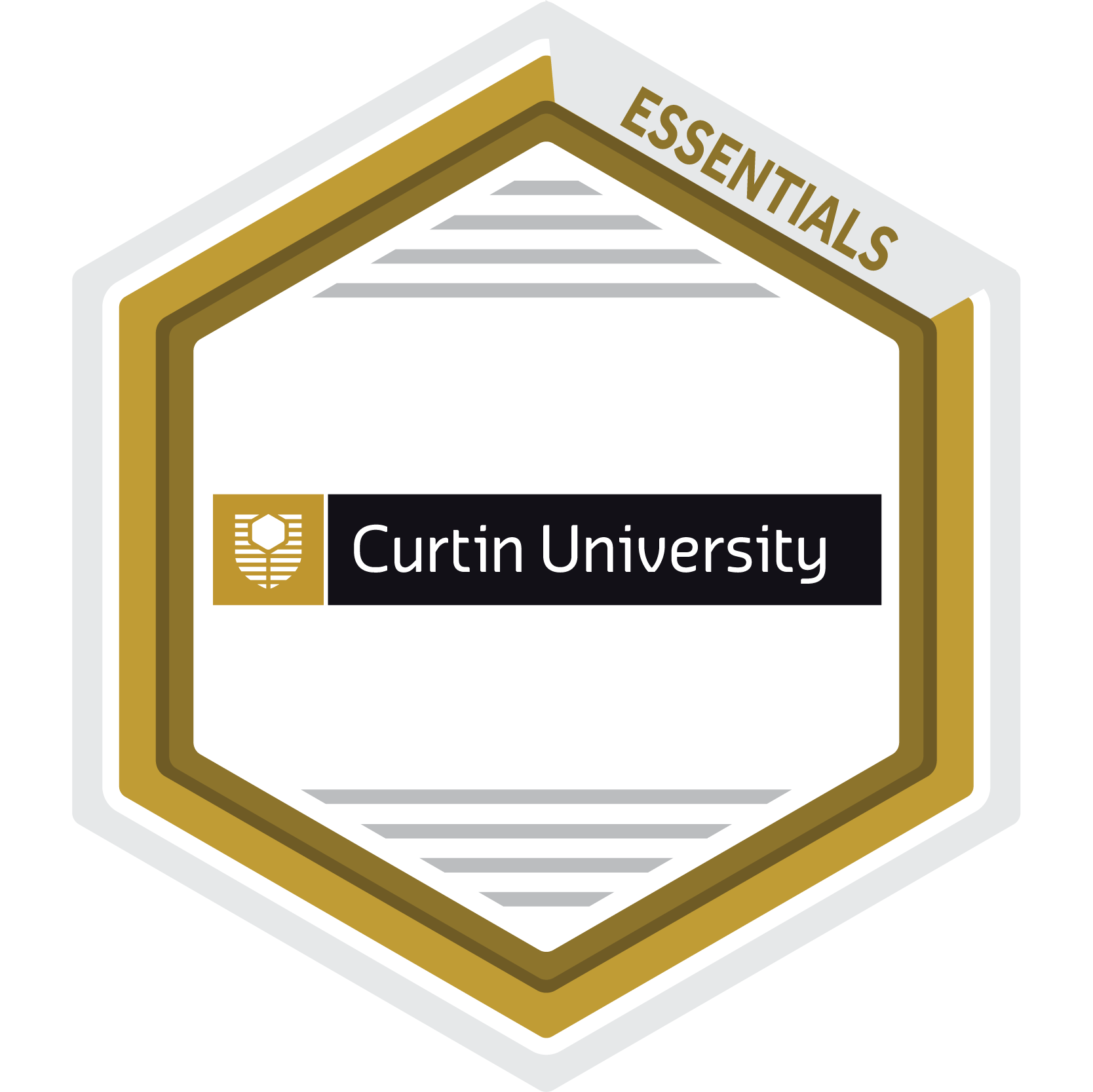Just Energy Transitions
Self-paced
5 credits
Sorry! The enrolment period is currently closed. Please check back soon.
Full course description
Learn how societies can decarbonise in a fair and responsible way and how energy solutions can be produced by industry and communities, together.
Affordable and clean energy is key to addressing climate change, but the transition from fossil fuels to renewable energy is complex. Not only is it a massive technological undertaking, it’s also a significant cultural and political challenge – one that is dependent on values, beliefs, ethics, behaviour and politics.
In this short course, you will learn how societies can decarbonise in a just and responsible way, and the steps they must take to achieve this.
You will identify the inequities that determine access to clean and affordable energy and renewables, and explore the unequal social and cultural costs of producing, transporting and using energy.
Your studies will examine energy poverty, energy democracy and energy care ethics, including the crucial role of sharing decision-making power. You will also look at different socio-political visions of ‘just energy’ transitions and the type of leadership needed to achieve these changes.
This credential is particularly suitable for:
- individuals in leadership roles looking to pursue fair, inclusive, democratic and sustainable energy operations
- professionals working in the mining and energy sector, government and not-for-profit organisations in primary industries, environmental protection, climate change adaptation and mitigation, community services, health, and education.
When you complete this credential, you’ll have a deeper understanding of ‘just energy’ transition theory and its practical applications. During this course you will:
- learn about past and present ‘winners’ and ‘losers’ of energy production and usage
- gain insight into individuals’ lived experiences of energy insecurity and their struggle for ‘just energy’ solutions
- recognise the diversity of energy values, beliefs and ethics among individuals, organisations, communities and cultures
- learn how to practise deliberative democracy with other energy interest groups, such as grassroots renewables collectives
- appreciate alternative visions of possible energy transitions grounded in social and procedural justice.
Assessment(s)
To successfully complete this credential, you are required to pass a final assessment. To demonstrate what you have learned, you will complete a pass/fail assessment in the form of multiple-choice tests at the end of each topic.
School of Media, Creative Arts and Social Inquiry, Humanities
Petra Tscharkert is a world-leading scientist in the fields of climate change adaptation and mitigation, intersecting inequalities, participatory development and just futures. In 2020 and 2021, she was ranked by Stanford University in the top one per cent of scientists worldwide.
Petra co-chaired the 2022 National Strategy on Just Adaptation, and was twice Coordinating Lead Author with the Intergovernmental Panel on Climate Change.
Petra has published extensively in high-impact journals and is an inspirational teacher and facilitator. In 2019, she received the Piers Sellers Award for world-leading contributions to solution-focused climate research.
Petra leads the Energy Humanities Initiative in the School of Media, Creative Arts and Social Inquiry at Curtin University, and also leads the Energy Humanities theme at Curtin's Institute for Energy Transition.
Once you successfully complete and pass the final assessment, you'll earn a digital badge that is instantly shareable to your social networks (including LinkedIn) which showcases your new skills and knowledge mastery.

This credential provides foundation knowledge in a discipline and doesn't require previous knowledge.
You will also earn 5 credit points which are in line with Australian Qualification Framework Level 8 criteria, ensuring comprehensive theoretical and/or technical knowledge of the credential. 100 credit points are required to earn a Graduate Certificate at Curtin.
Curtin Credentials focus on five themes, which have been carefully curated based on what's most relevant and valuable to professionals today, and in the future. This credential fits within the following theme:

Develop positive, sustainable, resilient and inclusive traits to guide your life, career, and organisational directions. Learn what it takes to motivate and inspire in a contemporary business setting.

Thrive and adapt in the changing world of work by developing and broadening your skillset in a range of areas including work design and cognitive flexibility.
For more information on this, or any other questions about Curtin Credentials, email us at curtincredentials@curtin.edu.au or call Curtin Connect at 1300 222 888.
*Curtin may cancel or reschedule a credential at any time and for any reason as it sees fit. The Start Date and the other details of this credentials are provided as a general guide only and may change from time to time.
✝This credential involves 30 hours of online resources, readings, activities and assessments and two days, spread over four half-days in one month. However to pass and earn 5 credit points, you may need to commit further time.
^Onsite face-to-face learning.
§Price subject to change. Please check price at time of purchase.






